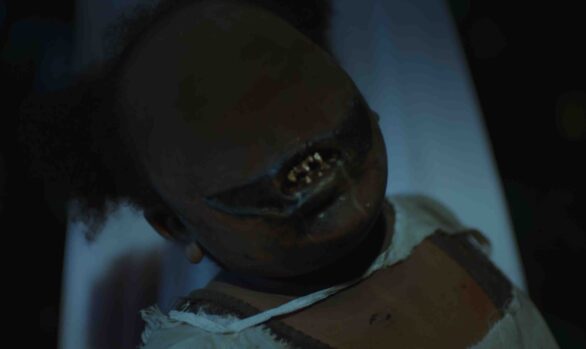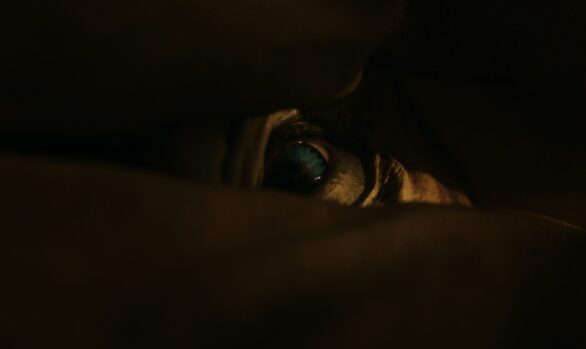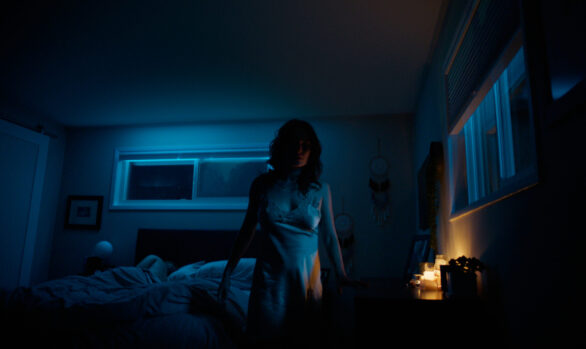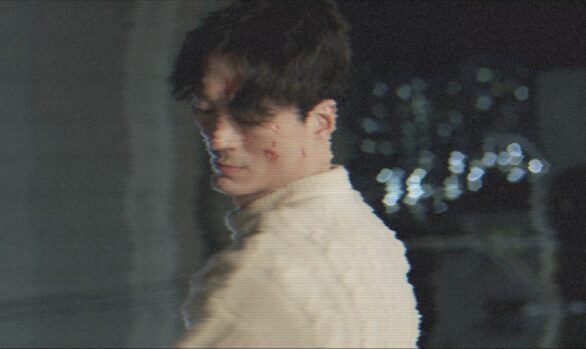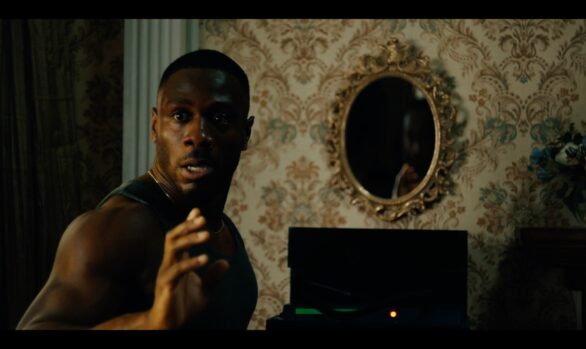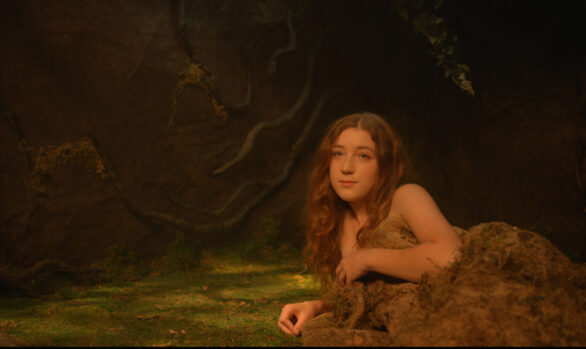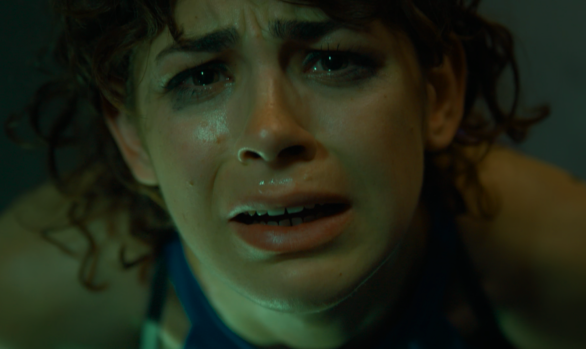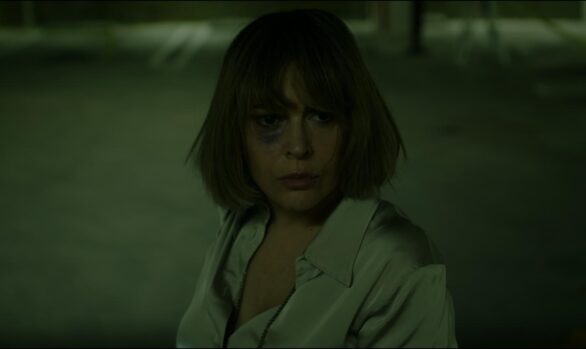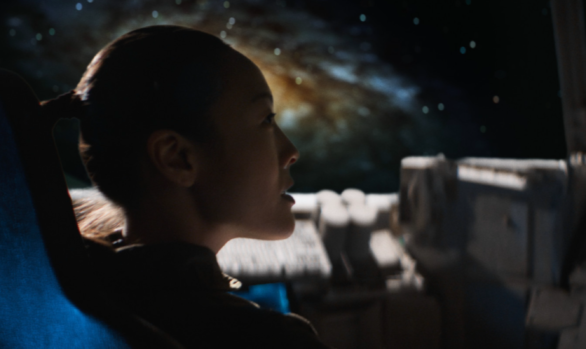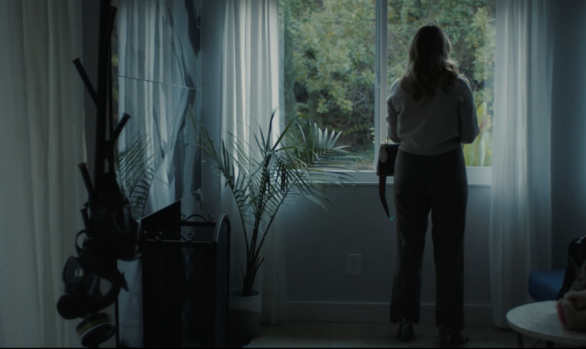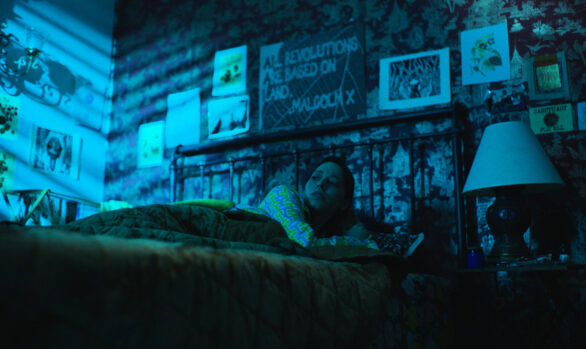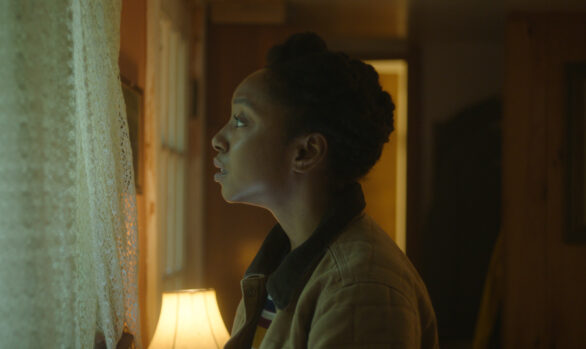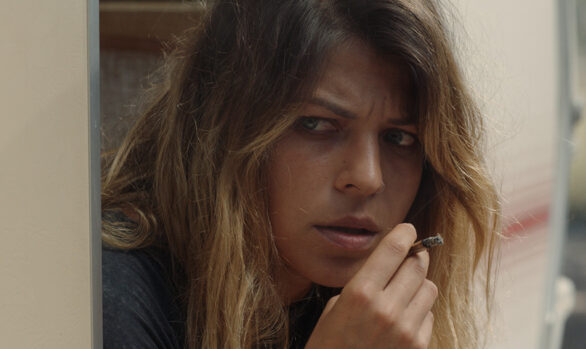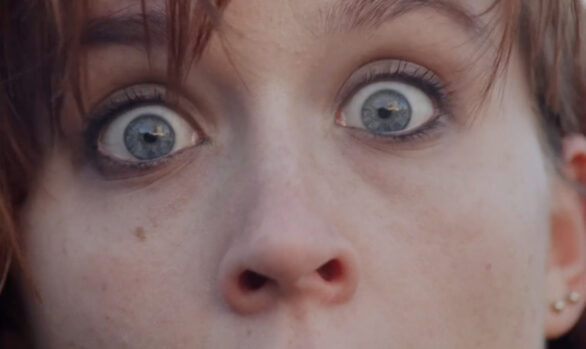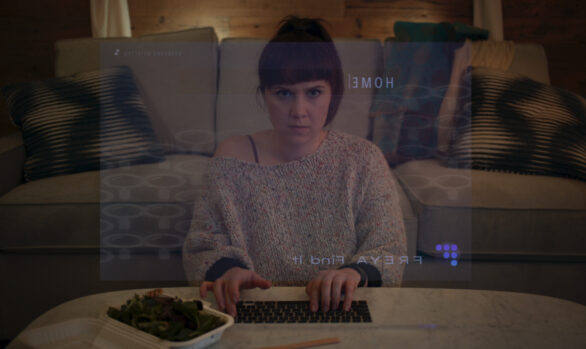Lucy's Tale
2019 Official Selection / Etheria Film NightDirected by Chelsea Lupkin
2018| USA | 17 min.
Horror, Fantasy
Between mean girls, her first romance, and budding hormones, Lucy begins to realize that she’s not quite like the other teenagers in her class in this coming-of-age horror.
Chelsea Lupkin is a Director and cinematographer and has produced short films, comedy sketches, live productions, commercials, and documentaries for major media outlets including MTV, Delish, Elle, Elle Decor, VH1, and Fusion. Her previous short horror film, Lucy’s Tale, premiered at the Fantasia International Film Festival in the coveted “Born of Woman” program in 2018 and has since become an Official Selection of the Brooklyn Horror Film Festival, Knoxville Horror Film Fest, Chattanooga Film Festival, Buried Alive Film Fest, Final Girls Berlin Film Festival, Monster Fest, Etheria Film Night, and won Best Short Horror at the Winter Film Awards.
Not only does Lupkin make short films, she is a Senior Programmer and editorial writer for the online film curation site Short of the Week. She is also the Creative Video Producer and an original member of Delish, an award-winning Hearst food site, producing a number of hit reality food shows across multiple platforms.
Lucy’s Tale is a female led, coming-of-age story with a horror twist.
Paying homage to Stephen King’s Carrie and dark female coming-of-age films like, Heathers and Jawbreaker, Lucy’s Tale is sure to remind you of the horrors of growing up. A suspenseful story about a girl who no doubt wishes to grow bigger boobs, finds herself growing something else and no amount of acne cream or blemish removal can help her. So while Lucy may just want to come into her womanhood, she ultimately comes into her evilness.
The film follows a teenager named Lucy as she tries to find her place in high school after one of her best friends abandons her for “cooler” people. Lucy’s Tale is a story that dives into the complexities of mean girls and also addresses their consequences. For Lucy, her sense of betrayal and new-found outcast status serve as a catalyst for the film’s supernatural happenings. What should have been a time to grow into her sexual identity and womanhood, instead gives birth to telekinetic powers with a hideous physical side effect.
Disfigurement has long been associated with evil and social exclusion – monsters or demons are often portrayed as ugly creatures with ill intent. Frankenstein, The Phantom of the Opera, and Freddy Krueger all have physical manifestations to clue the audience in that they are the bad guys. Sometimes these disfigured characters are naturally disfigured and sometimes that disfigurement happens upon them by outside forces – like the mean acts of teenage girls coupled with something supernatural. The forces beyond the protagonist’s control and the idea that this could happen to anyone, even nice-girl Lucy, add to the horror element of Lucy’s Tale as does the abandonment that makes her have to face what’s happening to her alone.
But Lucy isn’t really a villain or the one to blame for what’s happening to her. Much like Carrie, Lucy’s transformation is a byproduct of her social status and stunted sexual growth. While the film is certainly a dark story, one in which she exercises her powers on those who do her wrong, it also capitalizes on the most relatable horror out there: puberty.
Lucy is still a teenager who has to attend gym class and figure out how to navigate her first real romance. Ultimately, the film is as much of a coming-of-age tale as it is a horror movie. What’s left is a dark tale that touches on all of the relatable and not-relatable things that are happening inside of her.
A far cry from a final girls horror film, Lucy’s Tale is a film about growing up and becoming the person she was meant to be: good or bad. Whether you like it or not, you’ll be rooting for her the whole time!

